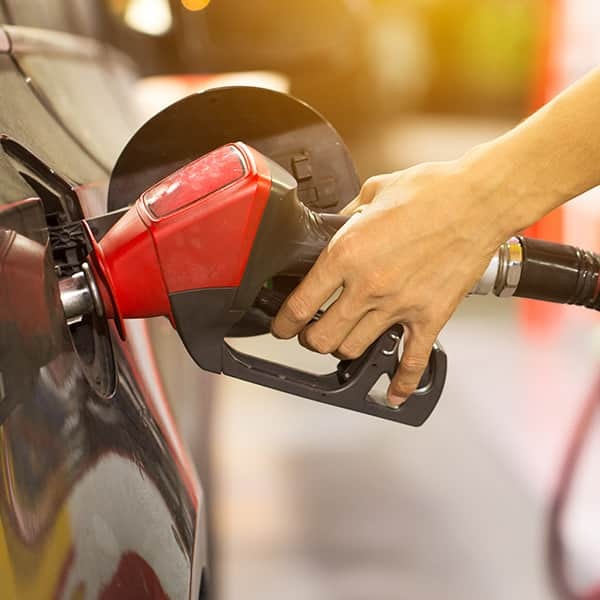
Even when gas prices are lower than average, fuel costs are still a big concern for drivers across America. While many drivers believe that the car they drive ultimately determines fuel efficiency, there are many other things that affect how far a tank of gas goes as well. These are some of the top fuel-saving technologies available to car owners today.
Direct Injection
Direct injection has been used in diesel engines for many years but has more recently found its way to gasoline engines. Rather than the standard fuel injection, these engines inject fuel directly into the air-filled cylinders. Not only does this process improve fuel efficiency, but it also yields more power. The system can regulate how much fuel it needs at all times better with direct injection, and it can make adjustments based on differences among the cylinders.
Turbochargers
Turbochargers provide a pressurized intake charge, helping an engine to burn more fuel. In fact, a turbocharged engine can make over 100 horsepower per liter of engine displacement, which is pretty impressive. Although turbochargers do not directly make an engine more efficient, they do have the potential to make small engines more powerful.
Clean Diesel Fuel
Diesel cars have been slow to catch on in America because of high diesel gas prices and the general perception of them being loud, polluting machines. However, some manufacturers have begun offering clean diesel versions of their models, such as the BMW 3-Series. These new diesel cars reduce NOx levels and have a trap to capture airborne dust. This makes them some of the cleanest and greenest cars on the road.
Variable Displacement
The displacement of a car's engine is the volume of one cylinder multiplied by the number of cylinders that there are. Cars that are equipped with variable displacement are able to change the number of cylinders they are running on. This prevents fuel from flowing into the inactive cylinders. A car's fuel efficiency improves once it has fewer cylinders to fill.
Variable Valve Timing
Most car engines use valves to let air and fuel into cylinders and release exhaust fumes. Some valve timings produce better fuel efficiency. Meanwhile, other timings produce more power. This means that cars equipped with variable valve timing can be more efficient because they operate at low rpm and can boost power when really necessary. Although this technology feature doesn't directly save you money at the pump, it does add a nice power boost to vehicle engines that are already pretty efficient.
There are lots of quick and easy things that you can personally do to make your vehicle more fuel efficient, but these technological features have a really large and lasting impact. Auto manufacturers are continually making improvements to internal combustion engines and other key vehicle systems to help drivers make the most of each tank of gas.

